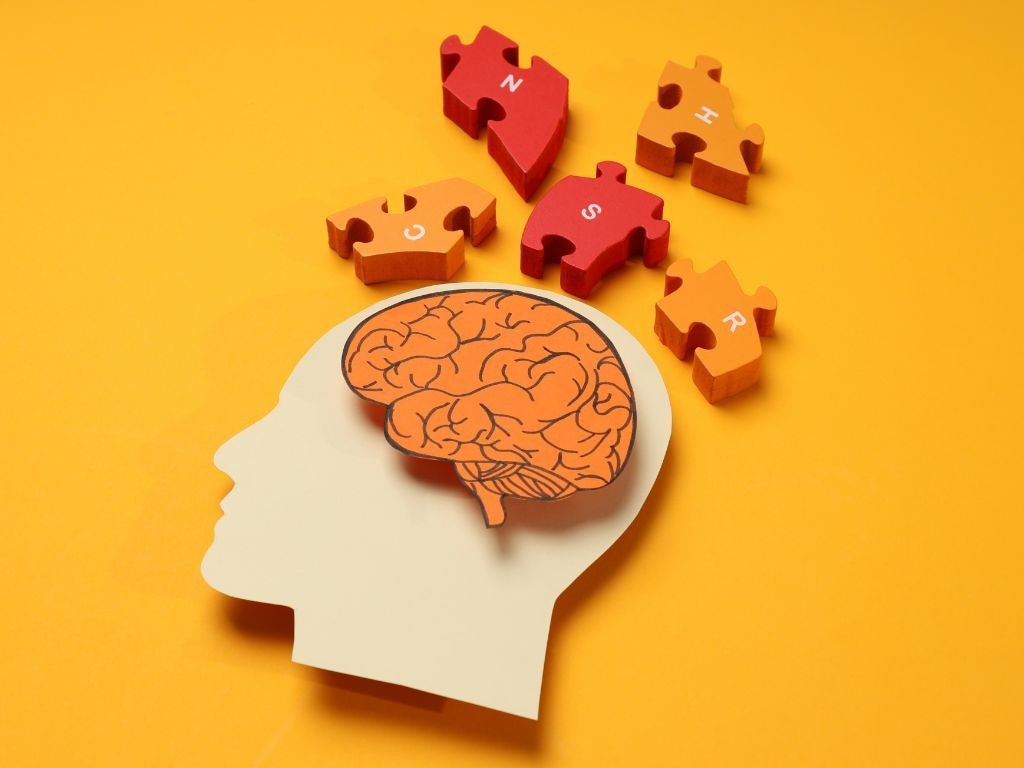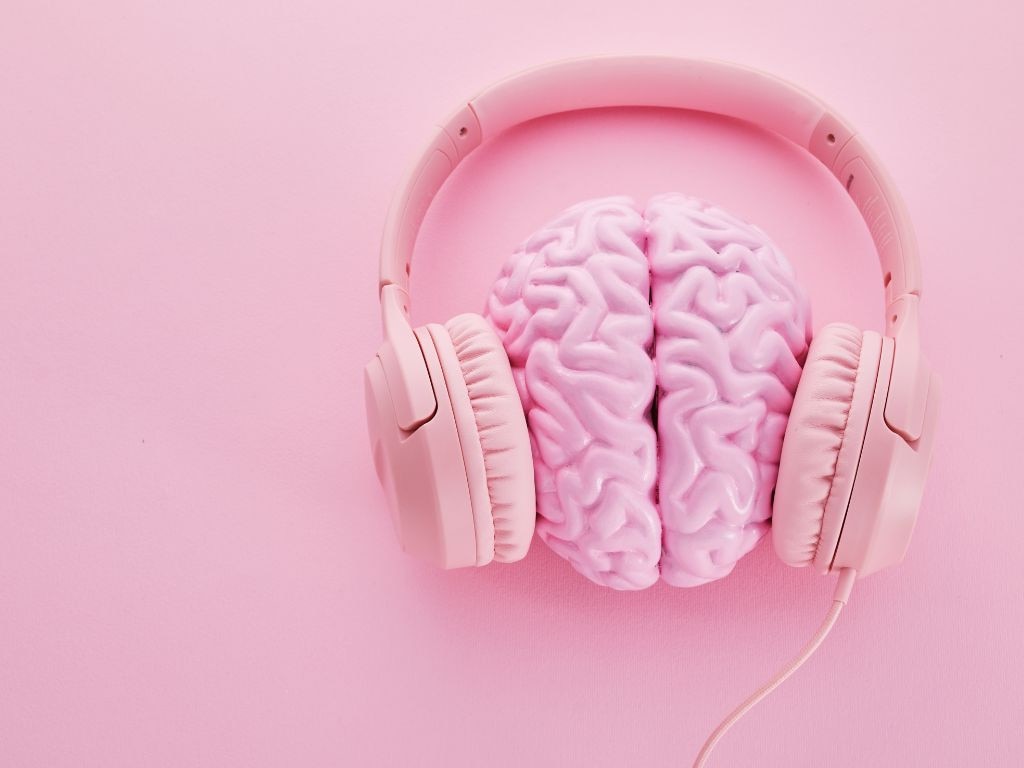Dr Zac reveals the secrets behind why you forget people’s names — and how to fix it
Dr Zac has revealed the scientific reason for name forgetfulness and has shared effective memory techniques to never blank again.
Welcome to Ask Doctor Zac, a weekly column from news.com.au. This week, Dr Zac Turner explains how to audition your GP.
QUESTION: Hi Dr Zac, I sometimes forget people’s names the second they’ve introduced themselves to me. Is this a symptom of early dementia or another serious condition – or do I just simply not care about meeting that person ever again? Is there a medical condition for this? I heard of something called nominal dysphasia.
Andrew, Woy Woy NSW 53
ANSWER: Don’t worry Andrew, we’ve all been there! Despite your concern, a momentary memory lapse is not necessarily a telltale sign of dementia or another serious cognitive disease. In fact, this common occurrence actually taps into one of the most fascinating things our brains can do: turning new information into memories.

What Are Memories?
Memories aren’t just static things – they’re like living bits of signals transmitted through our brain’s neural networks, created and kept alive by ongoing brain processes.
Memory-making involves three key steps:
1. Encoding: This is like translating information into a form your brain can remember.
2. Storage: Once encoded, memories are stored in different brain regions depending on their type.
3. Retrieval: When you need a memory, your brain retrieves it – assuming it was encoded and stored effectively.
These processes depend a lot on how well our brain’s networks can team up. Studies show when we learn something new, like a name, specific parts of our brain (like the hippocampus and frontal cortex) light up, influencing how well we remember it later. One easy way to boost these brain connections? You might have guessed it – paying attention.

What Does Paying Attention Mean?
Coming back to that awkward moment someone introduced themselves and you instantly forgot their name – you might have thought you were paying attention, but that’s not what your brain was doing. The brain has limited processing capacity, so paying attention to a new name means directing as many resources as possible towards it for effective memory formation. This involves two main processes:
1. Reduced Brain Noise: When you’re “really” paying attention, your brain quiets down all other stimuli which become background noise, so you can focus on what matters – this new name.
2. Better Brain Sync: Your brain cells start firing together more harmoniously for anything related to the name stimulus, making it easier to process and remember important information.
What Determines Whether We Pay Attention?
While it might seem obvious, we are more likely to remember names that interest and excite us from the get go. This is particularly true for name-remembering, which can be much more emotionally-driven than fact memorisation as it involves another person and all the possibilities that entails. This mostly happens without us even thinking about it, thanks to our not-so-trusty prefrontal cortex (PFC).
The PFC handles things like making decisions and focusing on goals. When we meet someone new at a party, the PFC almost instantly decides how important this new name is to us. The PFC also helps regulate neurotransmitters (brain chemicals) like dopamine and acetylcholine which are essential for making memories:
• Dopamine: This chemical makes us feel motivated and helps us focus on important things, like remembering Sarah’s name.
• Acetylcholine: Keeps us alert and helps the PFC decide what details (like Sarah’s introduction) to pay attention to.

Does Practice Make Perfect?
So, can we control what we remember? The role of chemicals like dopamine might seem to point to a largely subconscious process that might not be within our control. Luckily, this isn’t entirely true.
Practising memory skills can help tweak how our brains make memories by building stronger brain networks, reducing how much we rely on split-second dopamine-fuelled PFC decisions.
Without practice, our brain needs extra help from these chemicals to remember a new person’s name. The PFC’s decision on whether to remember the name also heavily depends on its intentions. For example, your PFC might be too captivated by a footy game playing on the TV behind this new person to bother remembering their name.
Tips for Remembering Names
1. Set a Goal: ‘Tonight I will make new friends and remember their names!’ Before you head into a social gathering, make a mental note to remember people’s names and give yourself a reason to (like making new friends). This tells your brain it’s time to focus and helps release more dopamine and acetylcholine.
2. Repeat Right Away: “Hi Sarah, it’s great to meet you”. This might sound silly but immediate repetition of names strengthens short-term and long-term memory. Information in the STM is only kept between 20 and 30 seconds if not repeated. As such, you need to make sure to repeat the new person’s name within that interval of time for it to not be immediately lost. An easy way to do this is to introduce this person to someone else.
3. Visualisation and Association Techniques: ‘Sarah with the wacky hair cut’. Creating mental images associated with names or linking them to familiar concepts or contexts helps memory formation.
4. Practice: ‘tonight I met three really cool people, Sarah, Abdul, and Soraya’. Regular practice reinforces synaptic connections, promoting memory formation. If you want to avoid awkward reintroductions at the next social gathering, it’s a good idea to mentally review the names of the people you met shortly after an event.
Things That Can Mess with Memory
•Alcohol: Alcohol makes it harder for your brain to form new memories by lowering the activity of one brain chemical (glutamate) and increasing another (GABA). This messes with important parts of your brain that help create memories. As a result, it becomes more difficult to remember people’s names.
•Stress: Stress raises the levels of a hormone called cortisol, which affects brain cells and areas important for memory. High stress makes it harder to focus, which can make it more difficult to remember and recall names.
•Fatigue: When you’re tired, your body increases a chemical called adenosine that makes you sleepy and lowers brain activity. This tiredness makes it harder for your brain to hold short-term memories and keep your brain cells working together, which can make it tough to store and recall memories effectively.

You see, Andrew, there’s real science behind why you’re not remembering people’s names. Don’t be too hard on yourself – with my simple tips forgetting people’s names will be a thing of the past!
Got a question? Email
More Coverage
askdrzac@conciergedoctors.com.au
Follow Dr Zac on Instagram
Dr Zac Turner is a medical practitioner specialising in preventive health and wellness. He has four health/medical degrees – Bachelor of Medicine/Bachelor of Surgery at the University of Sydney, Bachelor of Nursing at Central Queensland University, and Bachelor of Biomedical Science at the University of the Sunshine Coast. He is a registrar for the Australian College of Rural and Remote Medicine, and is completing a PhD in Biomedical Engineering (UNSW). Dr Zac is the medical director for his own holistic wellness medical clinics throughout Australia, Concierge Doctors.






